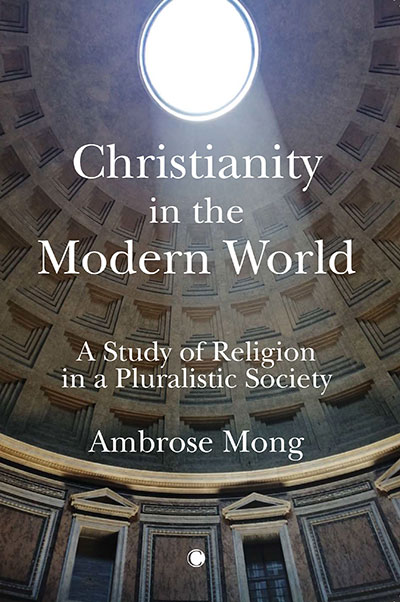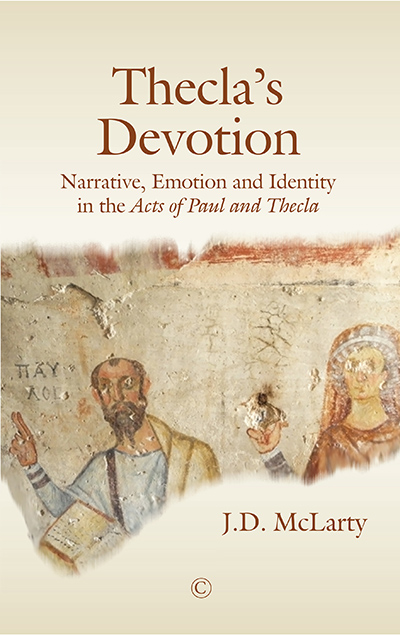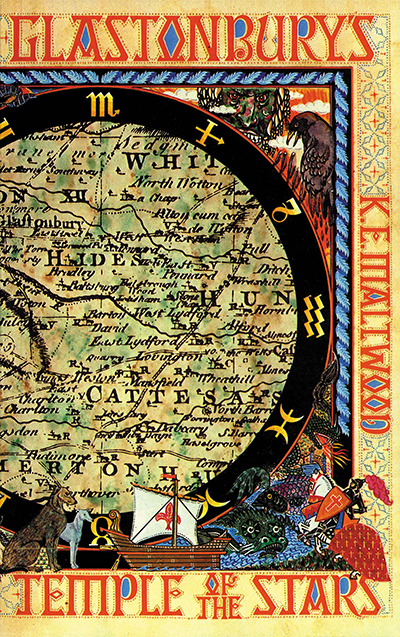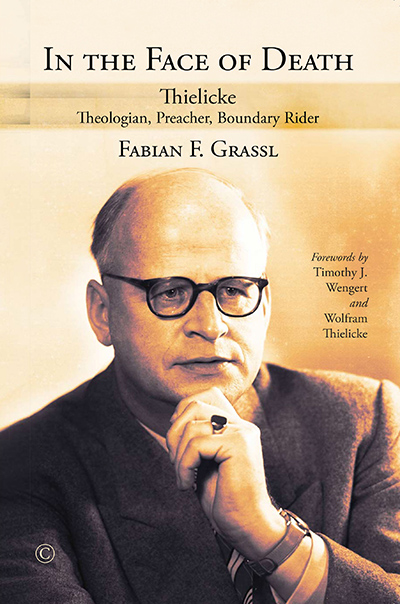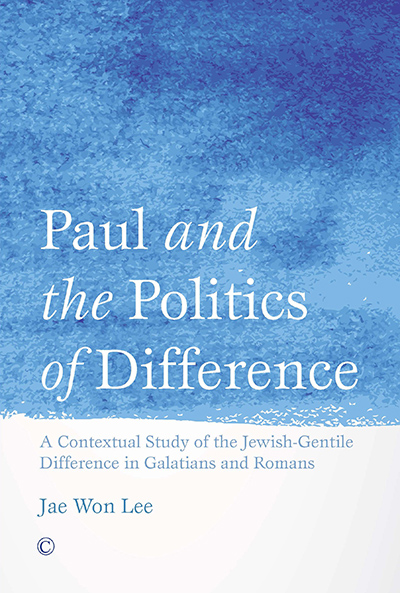Description
The influence of religion on culture is as strong as ever, but the shape of that influence is unique in today’s pluralistic society. In Christianity in the Modern World, Ambrose Mong examines critically themes of religious commitment and tolerance, attitudes towards other religions, and the sociological aspects of religion and inter-religious dialogue. He provides an overview of factors that challenge traditional religion, from the relationship between monotheistic and polytheistic beliefs to the history of tolerance and intolerance in the church and the future of secularism.
Following the global ethics formulated by the late Hans Küng, Mong also engages with the dialogue between Jürgen Habermas and Joseph Ratzinger to provide an extensive defence of the importance of inter-religious dialogue, with particular relevance to multiple religious belonging in the Asian context. Scholars of world religions will find Mong’s analysis compelling, while students will find his introduction to the historical dialectics underlying many of today’s tensions illuminating.
About the Author
Revd Dr Ambrose Mong is assistant parish priest at St Andrew’s Church, Hong Kong, and part-time lecturer at the Chinese University of Hong Kong. His recent publications with James Clarke & Co. include Sino-Vatican Relations: From Denunciation to Dialogue (2019), A Better World Is Possible: An Exploration of Western and Eastern Utopian Visions (2018), Dialogue Derailed: Joseph Ratzinger’s War against Pluralist Theology (2017) and Guns and Gospel: Imperialism and Evangelism in China (2016).
Contents
Foreword
Preface and Acknowledgements
Introduction
1. Monotheism and Polytheism
2. Dialectic of Tolerance
3. Idiosyncrasies of Syncretism
4. Sociological Perspective
5. Challenge of Secularism
6. Challenge of Religious Pluralism
7. Global Ethic
Epilogue
Bibliography
Index
Endorsements and Reviews
With his trademark clarity and incisiveness, Ambrose Mong introduces us to the problems facing Christianity in modernity, such as polytheism, intolerance, syncretism, secularism, and religious pluralism. I strongly recommend Mong’s latest work as a perfect textbook for a course on contemporary Christianity.
Dr. Peter C. Phan, Ignacio Ellacuria Chair of Catholic Social Thought, Georgetown University
This is a fine book, which gives an excellent overview about main religious, sociological and theological issues and controversies in the pluralistic societies we are living in. Ambrose Mong has sensitively explored the elementary themes of the current religious debates. . . this textbook is of great interest for the ecumenically minded reader.
Benjamin Simon, Ecumenical Institute Bossey, World Council of Churches
Fr Ambrose has written a book for our times. In a pluralistic world where human beings of different beliefs often live and work alongside one another, friction and conflict are common occurrences. How do we reconcile our differences? Fr Ambrose suggests an approach to our enquiry which is to begin and end with Christ’s teaching to love thy neighbour as thyself.
George Yeo, Singapore Foreign Minister (2004-11)
Christianity in the Modern World alerts us to the reality that all religions, Christianity included, are undergoing enormous shifts in self-understanding. Ambrose Mong’s historical and scholarly eye makes us realise it has ever been thus: religions, like cultures, are subject to continuous change. Contemporary challenges – secularism, tolerance, ecology, interfaith dialogue, syncretism, dual religious belonging, post-religious and fundamentalist ideologies – are all examined in light of today’s call for a Global Ethic across all religions and cultures.
Gerard Hall SM, Australian Catholic University
In tracing the rise of Christianity and its development through the various periods of its history, Ambrose Mong brings to light an interesting question: are religions, the sciences and secularism the perfect ‘trinity’ – with each assisting the others to make their valuable contribution to the modern world? He weaves his way through the thinking of a range of theologians, philosophers, sociologists and atheists to come to his conclusions, challenging some familiar ideological positions and dualisms.
Patricia Madigan OP, Centre for Interfaith Ministry Education and Research, Sydney Australia
Christianity’s place in our contemporary, pluralistic society [depends on] its unique understanding of God; its basic values of tolerance, inclusion, and dialogue; its commitment to an ethic that all peoples could buy into. . . These topics are presented clearly and thoroughly, by a person of Christian faith and humanity.
Stephen Bevans, SVD, Louis J. Luzbetak, SVD Professor of Mission and Culture, Emeritus, Catholic Theological Union, Chicago

